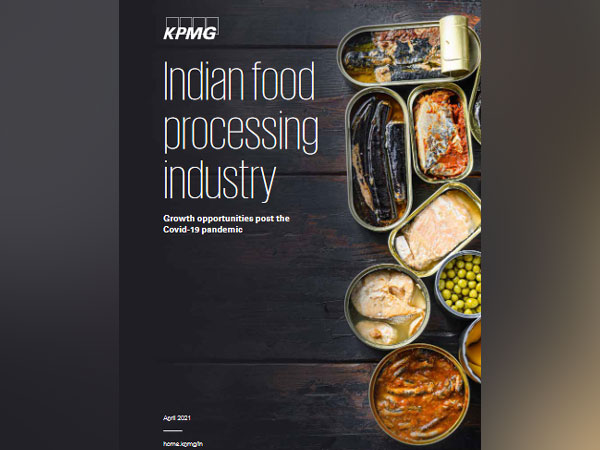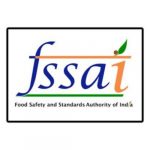New Delhi [India], April 29 (ANI): The Indian processed food market is expected to grow to USD 470 billion by 2025 from USD 263 billion (2019-20), professional services firm KPMG said in a report released on Thursday.
The pandemic has given rise to a new normal with sustainable food chains, growing preference for healthy food and localised food supply with increased trade barriers, it said.
Innovative products focused on wellness, health and nutrition are likely to see a huge opportunity in the domestic market. Adopting a collaborative approach is the key to catalyse growth in the industry, said the report.
To ensure a faster scale up of quality infrastructure in line with industry requirements, government partnership with private players through appropriate PPP models need to be considered.
“The post Covid-19 world looks promising for India’s food processing industry as it recalibrates it, providing India with an opportunity to capitalise on increased opportunities, calibrate its strategy and gears up to capture new markets,” said the report.
It said the government’s Production Linked Scheme (PLI) Scheme is likely to encourage players and enhance their processing capacities to meet the demand for rising challenges.
“There is a huge potential for complimentary industries such as ingredients, food processing equipment, food logistics and food packaging. To enhance competitiveness and meet the hygiene needs at a scale, the players specially MSMEs will require high quality testing and certification infrastructure.”
The report said rural areas and tier 2/3 cities are expected to continue driving the demand for processed food. Hotel/Restaurant/Cafe (HoReCa) segment will play a critical role as it recovers from the aftermaths of Covid-19.
In the post Covid-19 era, there is likely to be a surge in non-tariff measures including stringent sanitary and phytosanitary measures (SPSs) and technical barriers to trade (TBT) by major economies to ensure food safety against transmitted chemicals and diseases, the report added.
There has been a significant shift from non-sustainable food systems to environmentally sustainable food systems across the entire value chain for food processing. There has also been a steady growth in use of organic and bio-ingredients in the food supply chain.
The report said India’s food processing exports have remained low and dominated by low value-added products. Indian products are non-competitive in terms of price and quality in exports market.
There is significant potential for enhancing exports from India to the top 10 food importing countries of the world where India has a limited presence. Major segments of potential include fisheries, meat and marine, and dairy.
The government can support the exporters by negotiating free trade agreements (FTAs), lowering non-tariff barriers (NTBs) and expeditious implementation of remission of duties and taxes on exported products (RoDTEP) scheme.
At the same time, said the report, there is a direct need for increasing cold storage capacity in the absence of which scalability of perishable products has been challenge. Digitalised supply chain, smart warehousing and logistics using industry 4.0 technologies can help India reduce wastage during storage and transit
The food processing industry is one of the mainstays of global economy with a value addition of USD 1.7 trillion. (ANI)












